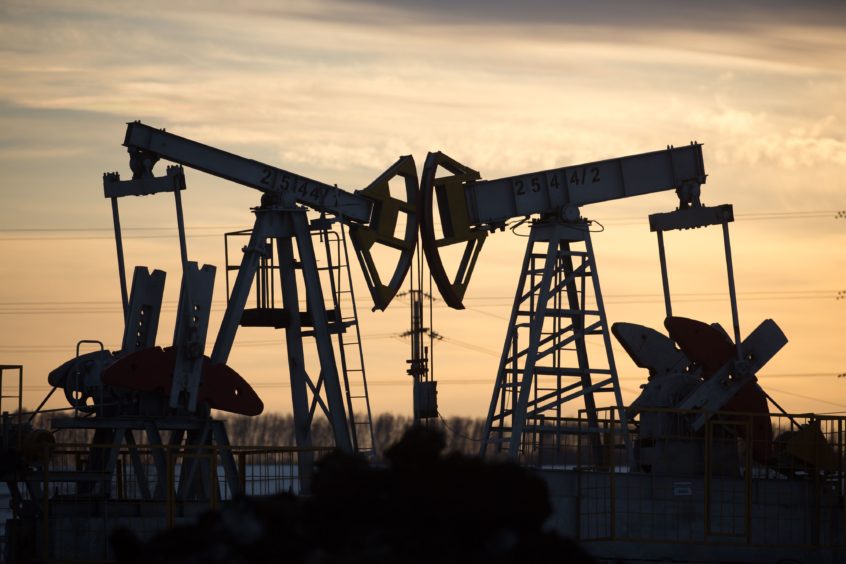
Russia intends to support a further increase in OPEC+ production at the group’s meeting next month, even as a new strain of the coronavirus raises concerns about demand, said officials familiar with the country’s oil policy.
As of now, Moscow believes it makes sense to raise output from the Organization of Petroleum Exporting Countries and its allies by 500,000 barrels a day in February, matching the hike already agreed for January, the officials said, asking not to be named because the information is confidential.
That would be the maximum supply increase allowed by the accord that emerged from the cartel’s difficult talks in early December. Other members would need to agree for the output expansion to go ahead.
Brent dropped below $50 a barrel on Monday after the U.K. government introduced a full lockdown in London and the southeast of England as a more contagious strain of the coronavirus ran “out of control.” Some nations in Europe, Asia and the Middle East have limited travel with the country. A new wave of movement restrictions may curb the recovery in global oil consumption.
Faster Reactions
OPEC+ has shifted to a monthly schedule of meetings, so it can react more rapidly to changes in the market, and make more gradual production adjustments that are better suited to a volatile situation.
The sudden emergence of a faster-spreading variant of Covid-19 in Europe has undermined a wave of economic optimism caused by the discovery of several vaccines. Yet Russia’s current position indicates the nation expects the market to be able to absorb additional OPEC+ supply.
Global oil demand is recovering slower than expected and may take as long as two or three years to reach pre-pandemic levels, Russia’s Deputy Prime Minister Alexander Novak said at an online energy forum Monday.
The oil-price decline driven by the lockdown across the southeast of the U.K. and concerns over the new coronavirus strain show just how volatile the market still is, he added.
Still, Russia sees the need to gradually increase crude output as global demand recovers, “without disrupting the market balance and without creating a surplus,” Novak said. “For oil-exporting countries, this is clearly an important thing.”
It’s unclear whether Saudi Arabia, the leader of OPEC+ alongside Russia, will support a production increase at the group’s next meeting on Jan. 4. At the talks in early December, Saudi Oil Minister Abdulaziz bin Salman had favored maintaining current production cuts throughout the first quarter, and only reluctantly agreed to the gradual easing of those curbs.
After face-to-face talks in Riyadh with Novak on Saturday, Prince Abdulaziz declined to comment on whether he favored a further supply hike, saying only that he wants to keep market speculators “on their toes.”
“Nobody will know what we will do on the 4th of January until the day of the meeting,” he said.